How To Plan Your Perfect Scuba Dive Trip
We all love planning vacations, especially dive trips. Whether you are looking for a close-to-home long weekend away or a once-in-a-lifetime liveaboard trip to distant shores, good planning is key to enjoying a hassle-free, incredible vacation. We’re going to take a look at a few of the things to think about in order to ensure your next bubble-blowing adventure runs as smoothly as silk. From choosing your destination to packing your bags, there’s lots to think about, so let’s dive in.
Where?
First things first, we need to decide where we will be going for our next scuba diving adventure. Choosing a dive destination is often relatively simple, but we need to check a few things to ensure we will be able to get everything out of our dive vacation that we are hoping for. Let’s have a quick look at a few things to keep in mind when selecting your next dive trip destination;
Duration
The first thing to bear in mind is how many days you have available for your vacation. While we’d all love a trip to enjoy the shark-filled channels of French Polynesia, if you live in Europe, you will need a bit more time than a long weekend to make it worthwhile.

Once you know how many days you have available for your dive trip, you can start to investigate appropriate destinations. If you have two weeks or more at your disposal, then you may be happy to take a long-haul flight, whereas if you only have one week, you may prefer a slightly shorter flight. Trying to fly from London to Tahiti and back in one week will essentially leave you with only four or five days to actually enjoy your destination. On top of these time restraints, we also have to remember to pay attention to the current flying after diving recommendations, which effectively means that we will have one less day for diving too.
Websites like www.flightconnections.com are excellent resources for deciding on a destination. You can choose your nearest airport first, and then you will see the cities that you can easily fly to from there. As you select different options for your destination, it will tell you how long the flight time is.
Budget
If money were no object, then planning a dive trip vacation would be much easier. But unfortunately, we have to pay attention to cost too. Staying within budget isn’t always as simple as it first appears. A flight from New York to the Bahamas will be cheaper than a flight to Thailand, but once you arrive, Thailand will be much cheaper than the Bahamas. It’s important to factor in the cost of living in our destination choices, too.
Time Of Year
If you’ve decided to visit Mexico in the hopes of finally breaking your whale shark curse, a winter vacation may not be the best choice. The convergence of the Gulf of Mexico and the Caribbean Sea, off the tip of the Yucatan Peninsula, is one of the best places to see whale sharks, but the summer months are when the big, spotty fish turn up. If you are planning a dive vacation to see a particular marine species, then you will need to do a bit of homework to find out which months of the year will most likely bear fruit.
Aside from being able to tick certain species off your dive bucket list, the time of year is also very important when it comes to the dive conditions in different locations. November and December can be a great time to visit places like Koh Lanta and Khao Lak on the west coast of Thailand, but the east coast of Thailand will be experiencing its wettest months.
It’s important to check the expected weather patterns for the exact location that you wish to visit, not just for the country where that dream destination is.
Marine Life

Another factor to consider when planning a dive vacation is what marine life you are hoping to see. If you want to see a specific animal, you should do some research into where you will have the best chances of seeing it and when the chances are at their highest.
If, for example, you are longing for a chance to snap a photograph of a blue shark, then there are a few locations in the world that can deliver. But the blue sharks are not seen year-round in these destinations. The blue sharks turn up in Cornwall, England, between June and October; in Cabo San Lucas, Mexico, between January and May; in the Portuguese Azores between July and August; and in Cape Town, South Africa, between November and June.
A bit of research on the internet can go a long way to ensuring you won’t get disappointed on your trip…
The “Paperwork”
As divers, we are pretty used to filling out paperwork and forms. When planning a dive trip, there are also some administrative tasks to complete. As with any vacation, when planning, we need to ensure all our “paperwork” is in order.
The first thing to check is the validity of your passport. Most countries want to see at least six months of validity remaining on your passport. If yours is getting close to this threshold, it’s a good idea to get a new passport issued as soon as you can. Be aware that in many countries, this can sometimes take longer than expected, especially as the summer gets closer. Don’t leave this to the last minute, or else you could end up with an avoidable spanner in the works.
Also keep in mind that you should have a few empty pages in your passport. It can cause problems at immigration at your destination if there is no space for the immigration officer to stamp your passport.
The next administrative step to take is to research visa requirements for your chosen dive trip destination. Do you need a visa in advance, or can you simply get one on arrival? Different countries have different rules for different nationalities. You should check your destination country’s visa requirements on their government website. If you need to apply via post, make sure you do this well in advance too, as any unexpected delays could cause unnecessary problems.
The final piece of administration to check is regarding travel vaccinations. Check your government’s website for their travel recommendations for your intended destination and arrange to have any shots done in advance of your trip. Have a chat with your doctor as early as possible. Don’t leave this to the last minute, as there are some diseases for which the vaccine requires more than one dose, and these doses may need to be spread over a certain time period. The earlier you know what you need, the easier it will be to plan ahead and ensure you are protected.
Dive Equipment
If you have your own dive equipment, you will probably want to take it with you. But is it appropriate for your dive trip destination? One thing to check out is the expected water temperature at your destination. Will your current exposure protection be adequate for the conditions on your vacation? Regarding your exposure protection, you should also consider whether it’s practical to take yours with you. If you regularly dive in colder conditions at home, your exposure suit may be too thick and too hot for your chosen dive trip spot. Taking it with you would be a waste of time and space in your luggage.

How about your regulators? Will you be taking them with you? If you are taking your regs with you, when was the last time you had them serviced? You should also ensure your regulators are in good working order before your dive trip. There’s no point carrying your regs halfway across the world only to discover that they are in desperate need of a good servicing. It may also turn out that your particular model of regulators are difficult to service in your vacation destination, often due to parts being hard to source in that part of the world.
Some of the best diving in the world is in very remote destinations. Unfortunately, in these locations it may be very difficult to source any spare parts you may need. Especially if you are only in the location for a week or so.
If you are a keen underwater photographer and plan on taking your camera setup with you, you should also make sure everything is in good working order before your departure and that you have enough spares. If you are heading off on a liveaboard vacation, it’s a good idea to have extra batteries with you. On a liveaboard, you can be doing up to five dives per day. If you have spare batteries, you can always have a fully charged one ready at the start of each dive and can put any used ones on charge while you jump in for the next dive.
Our Final Thoughts
All in all, planning a dive trip is not too much different from planning any other vacation — there are just a few extra things to think about. As long as you do your destination research and make sure your passport and visa are in order, you should have a great dive trip. Making sure any equipment that you plan to take with you is in full working order is also an important step. You can rest assured that the dive center you will be diving with should be able to help you out if there are any problems when you arrive.
Choose your destination carefully, make sure you are heading there at the right time of year, complete all your “paperwork,” and get your equipment serviced! It’s as easy as that.
Need ideas for your next dive trip destination? Check out some of our guides.
- The Best Shark Dives In Asia
- Scuba Dive In Thailand, an Extraordinary Destination
- Scuba Dive in The Maldives – Travel, Diving Guide, & More
- You NEED to Experience a Liveaboard Dive Trip
Disclosure: This post may contain affiliate links, which means that DIVEMONDO may receive a small commission if you make a purchase using these links. As an Amazon Associate this website earn from qualifying purchases.

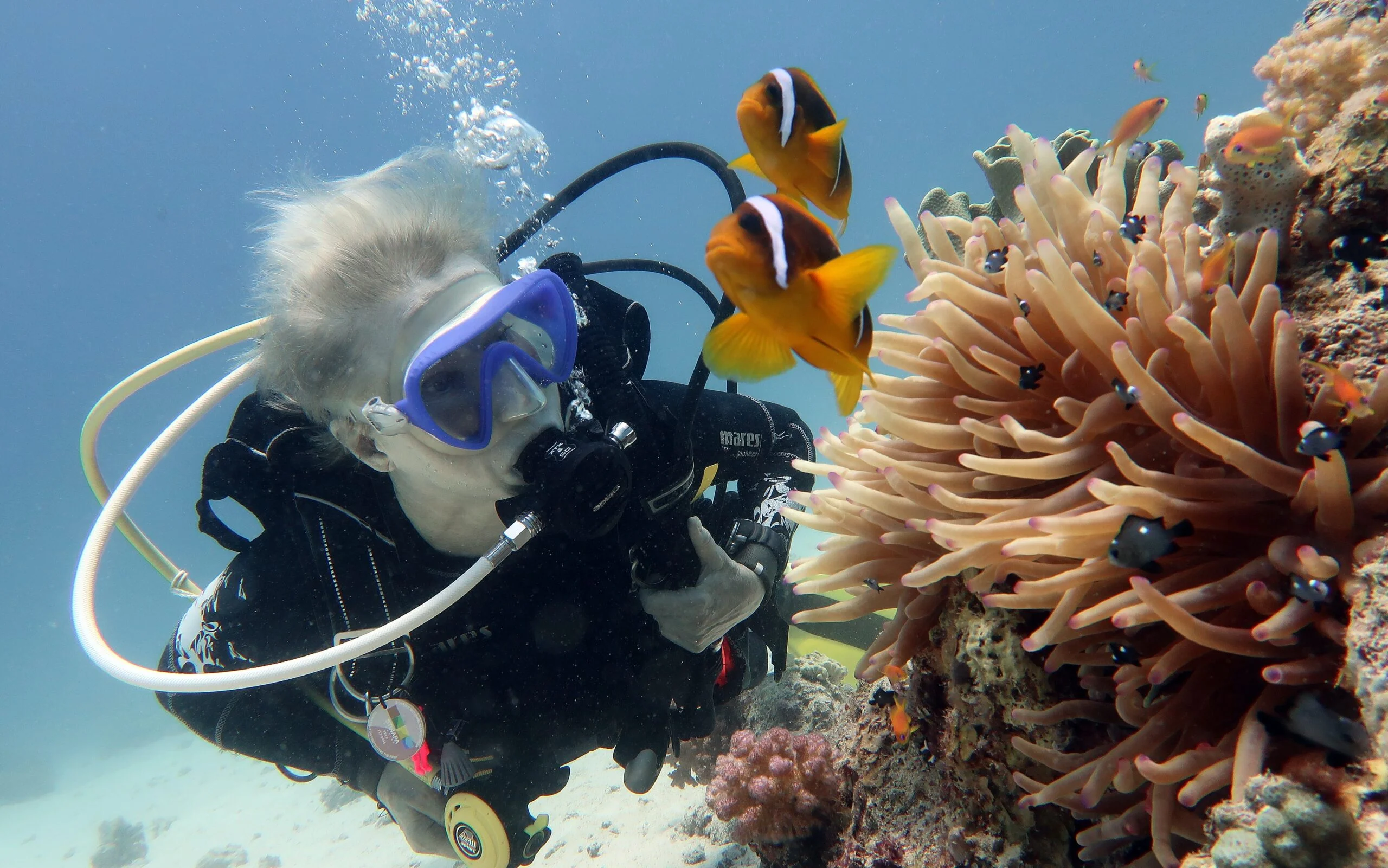
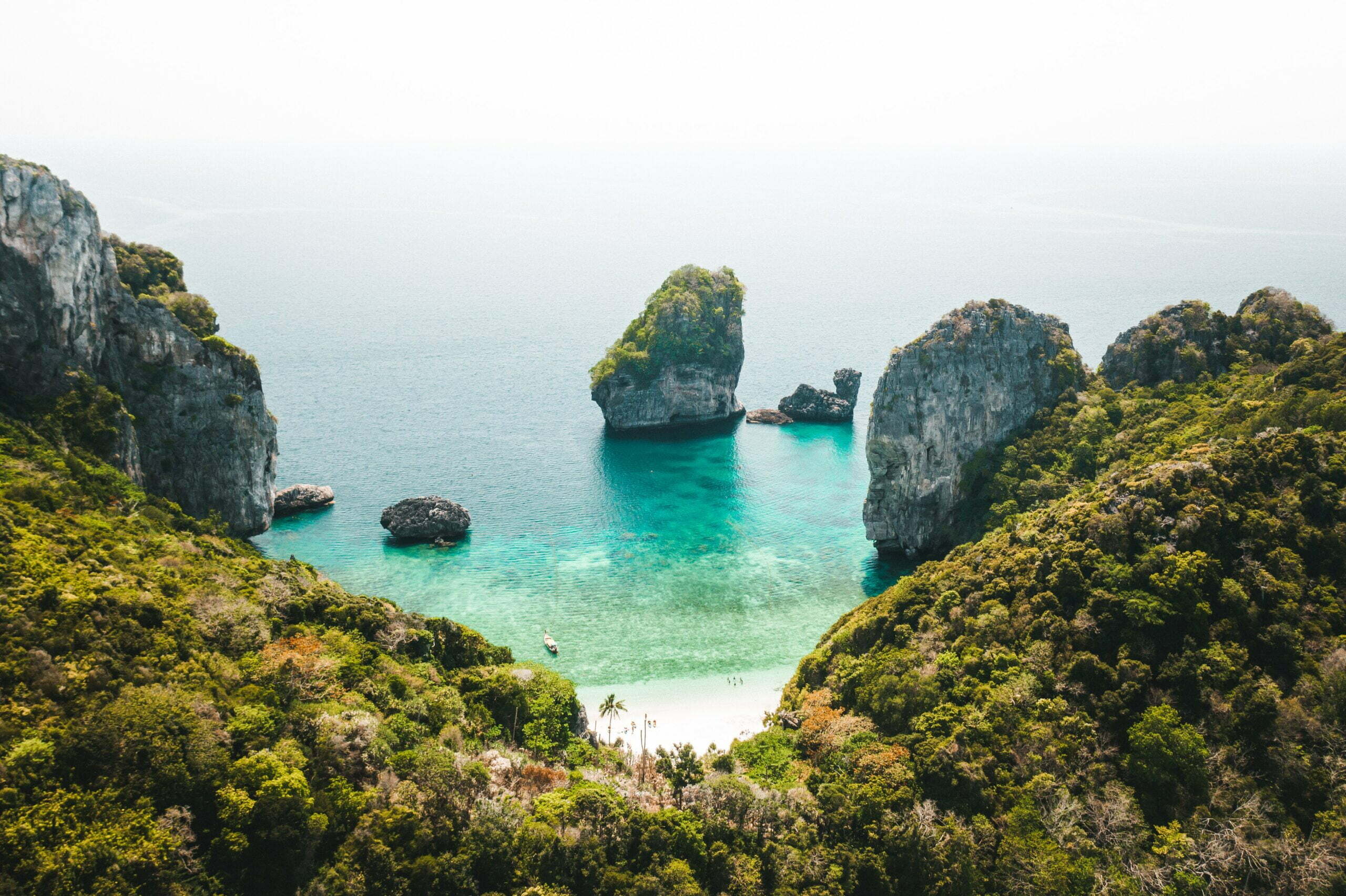

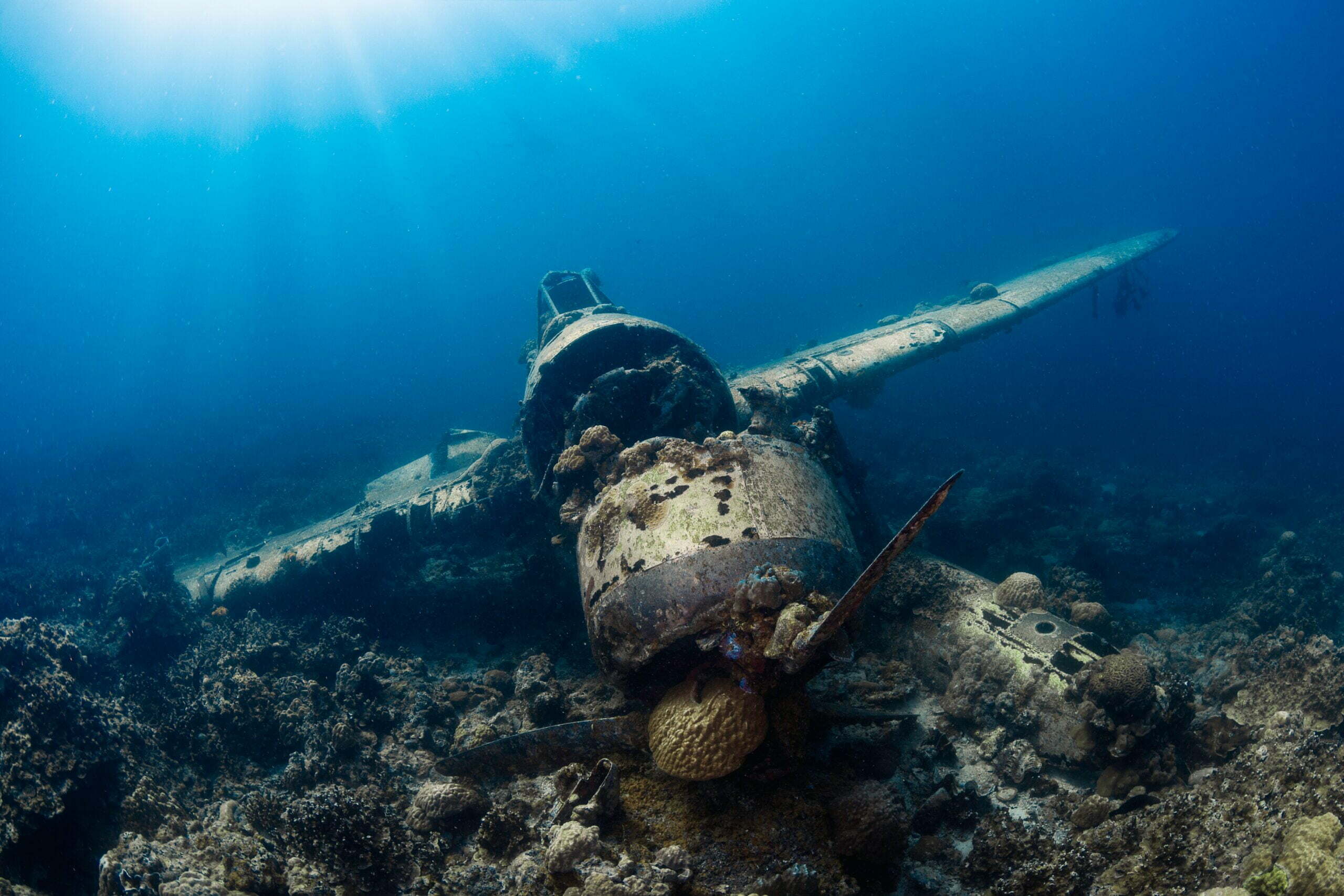



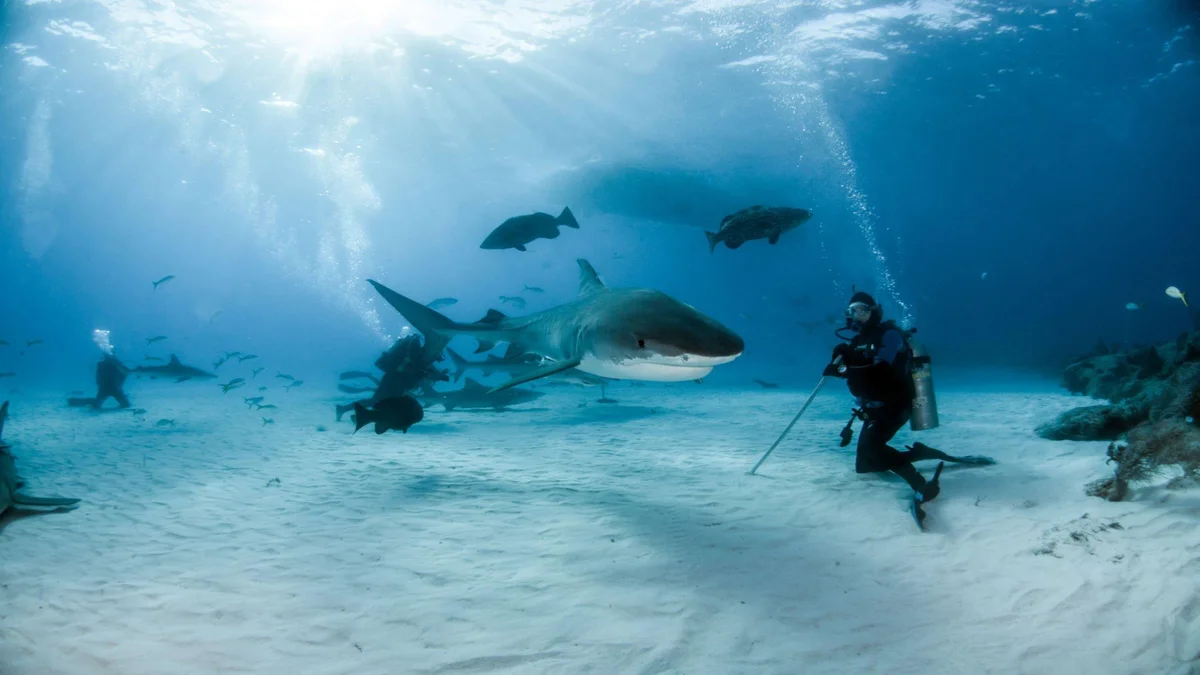

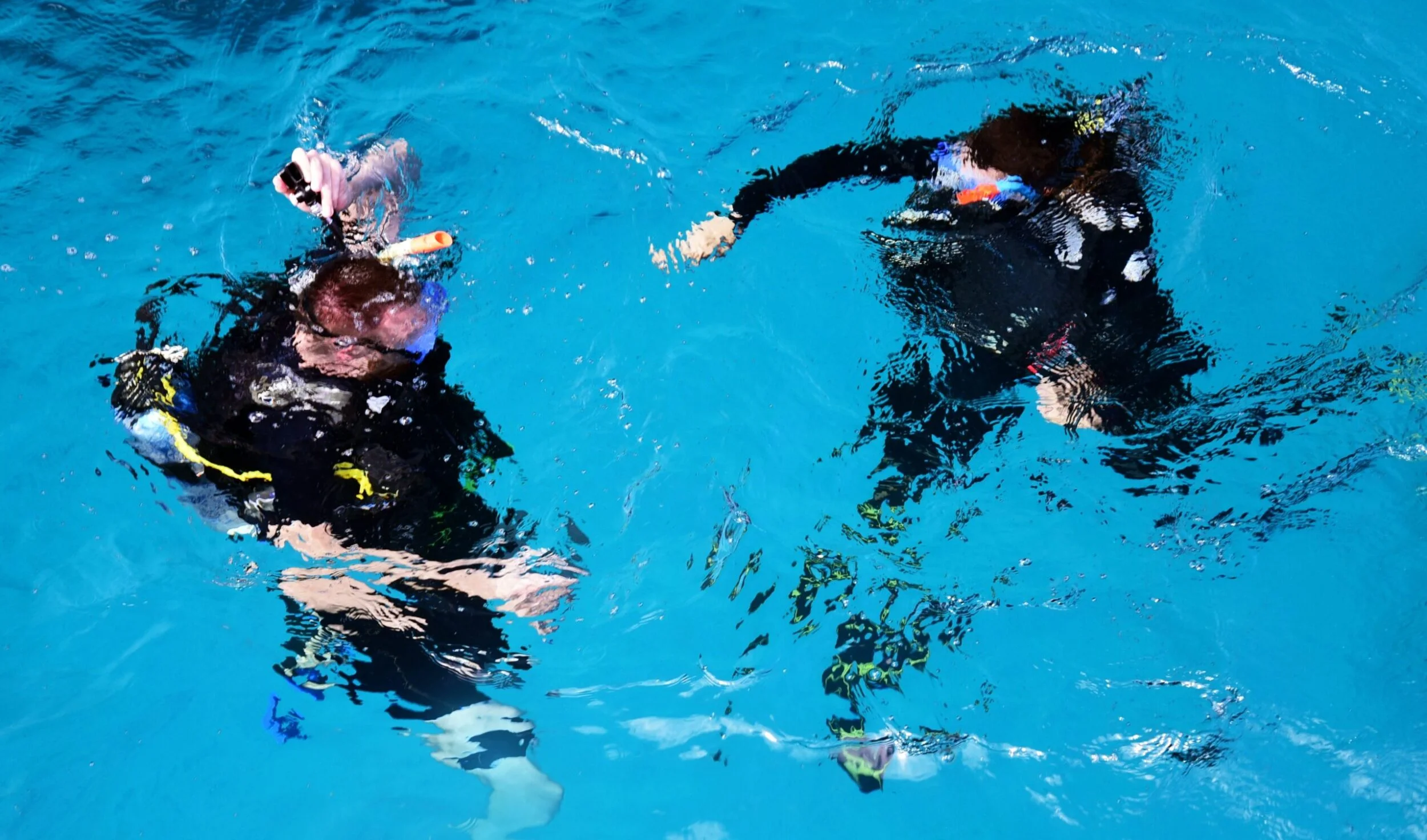
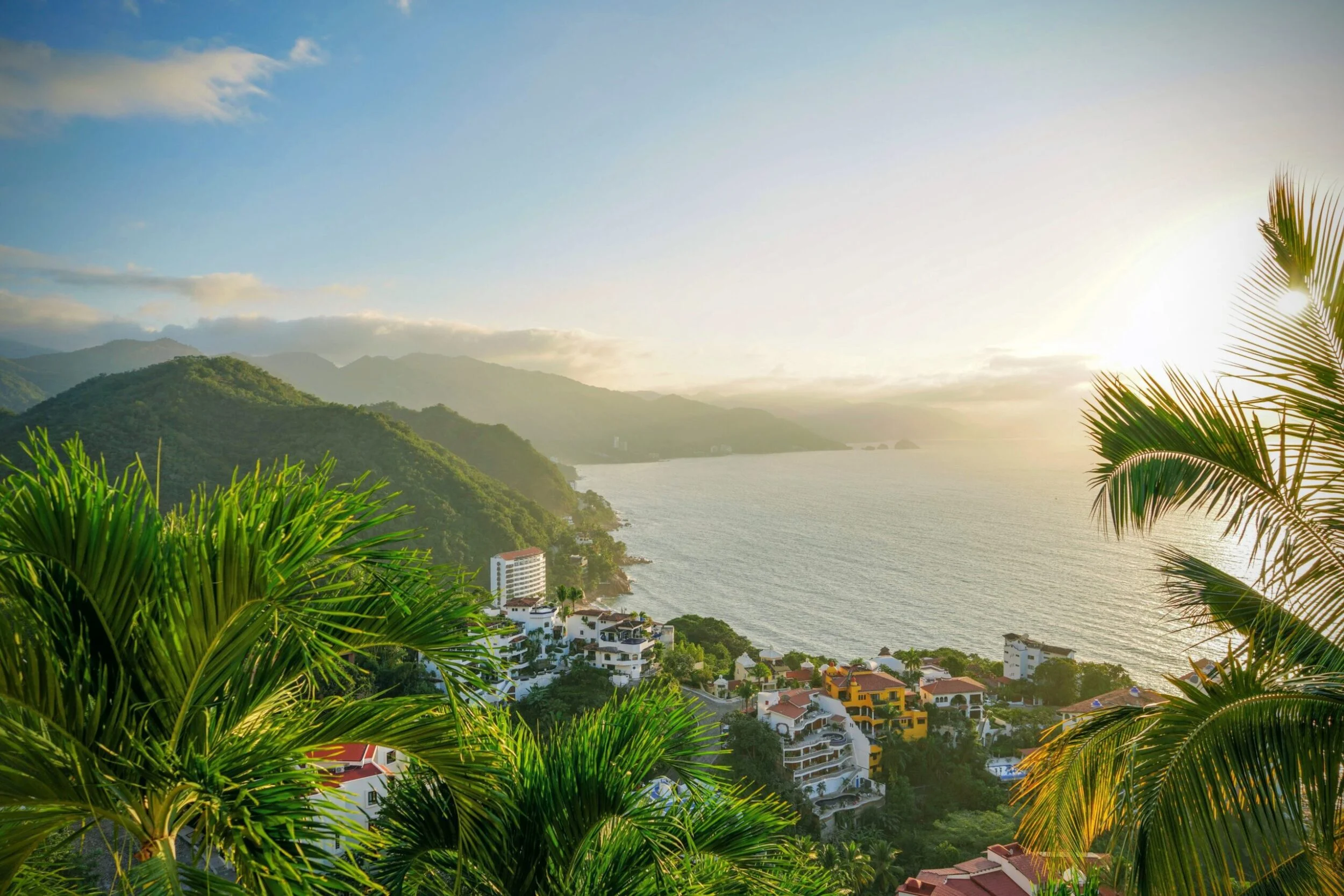

Leave a Reply